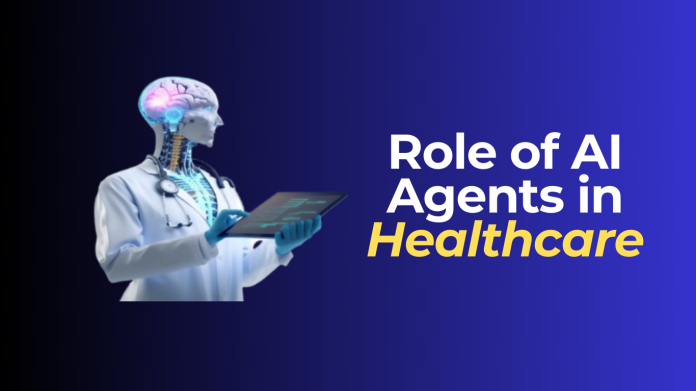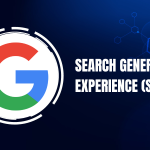AI agents are revolutionizing healthcare by changing how medical personnel provide treatment and how patients receive it. In the quickly evolving healthcare sector, AI agents development & application are intended to improve patient experiences, expedite procedures, and boost productivity.
The use of AI agents in healthcare can create a system that is more patient-centered, accessible, and efficient in the future. This blog will discuss the role of AI agents in the healthcare sector.
Let’s begin!
What are AI Agents in Healthcare?
AI agents are always attempting to change healthcare by assuming various responsibilities, including form consultation, diagnosis, and treatment planning to provide each patient with more individualized care. By evaluating a large amount of data, finding trends, forecasting potential health risks, enhancing early intervention, and offering more potent treatment plans, they function as intelligent software. AI-powered healthcare software may more easily search through patient records, genetic data, and medical imaging, enabling physicians to make better decisions.
AI Agents for Healthcare: How Beneficial They Are?
From early disease detection to efficient administrative processes, AI agents for the healthcare business are revolutionizing the entire sector. To put it briefly, they provide many advantages that are favorably affecting the sector. Let’s investigate a few of them:
Increased Diagnostic Accuracy
Large datasets, including genetic data, imaging data, and medical records, are rapidly and precisely analyzed by AI agents. Additionally, this results in accurate diagnosis and individualized treatment regimens. AI lowers diagnostic errors and guarantees that patients receive the appropriate care at the appropriate time by outpacing human processing rates.
Early Detection & Prevention
By identifying trends in patient data, AI effectively “senses” the onset of sickness and identifies health hazards early. This skill enables prompt interventions, which can improve outcomes and stop the spread of diseases.
Efficient Administrative Operations
AI agents can handle routine operations like scheduling, billing, and electronic health record management. Because of this automation, healthcare workers have less administrative work to do. This frees up more time for patient care and improves service quality.
Continuous Patient Support
AI chatbots are available around the clock to assist patients with appointment scheduling, medical information navigation, and basic assistance. Patients remain more informed, interested, and satisfied with their healthcare experience because of this prompt assistance.
Lower Medical Expenses
Healthcare AI agents reduce costs by enhancing productivity, reducing errors, and promoting early disease diagnosis. AI-assisted early problem detection, for instance, helps prevent issues that could later prove expensive. As a result, it helps in developing a financially viable healthcare model.
Improved Clinical Decision-Making
AI solutions give medical professionals predictive analytics and in-depth insights that make difficult decision-making easier. More assured and evidence-based clinical decisions are made possible by this support, which eventually enhances patient safety.
AI agents raise the bar for patient-centered treatment in healthcare while simultaneously increasing accuracy and efficiency. Their efforts result in a more involved, healthier patient base, cost savings, and operational efficiency.
The Future of AI Agents in Healthcare
With developments anticipated to result in even higher efficiency and accuracy in medical care, AI agents for healthcare represent an exciting future.
Healthcare systems will become increasingly clever as AI develops. To put it briefly, these systems will be able to:
- Delivering more individualized and improved care
- Enhanced precision in diagnosis
- Predicting health problems before they occur
These technologies will enhance patient satisfaction to reduce the workload for medical staff. The healthcare industry will become more data-driven and patient-centric as AI advancements continue, resulting in smarter healthcare services overall.
The Final Thoughts
The healthcare system could be transformed by AI agents. It offers many advantages, including telemonitoring, personalized therapy approaches, quicker processes, and more accurate diagnoses. However, it takes a lot of planning and adherence to moral standards to produce an AI agent that is acceptable.
Therefore, AI agents have a bright future in the healthcare sector since they will enable the development of a new preventive model based on technological opportunities and the redesign of the healthcare system. The number of agents will rise in the future as AI technology develops more, but they will interact with patients in the most efficient way possible.










